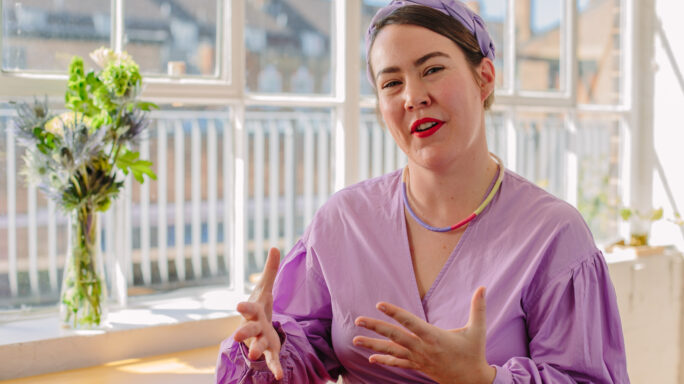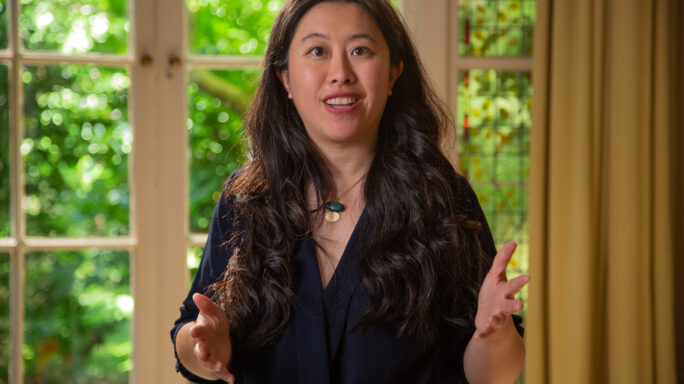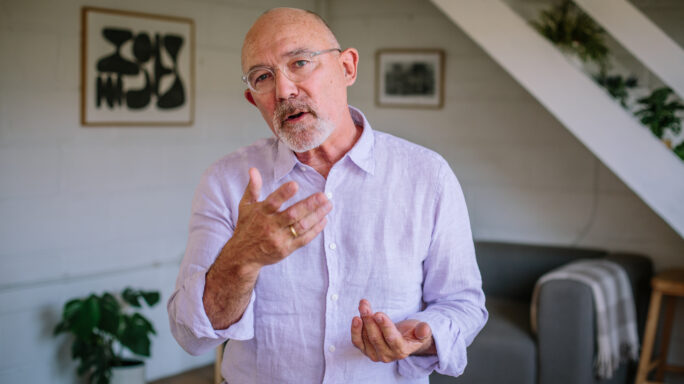Season 2: Unlocking productivity
How language and communication can create a winning team

The parallels between sport and business are more closely aligned than you might think. In sport, captains will always encourage, motivate, and listen to their players. In return, they get a team ready to run through brick walls for them. And just like captaincy in sport, great leadership in business can build an inspired and engaged team who are willing to increase their performance and productivity for you too.
Lead and support the team
As a female in sport – from 6 years old to becoming England women’s cricket captain 20 years later – I always said that I never wanted to be “different”, I just wanted to be part of a team. I love the feeling of camaraderie, togetherness, and solidarity as you all pull together for the same common goal.
One of my favourite mantras we have with the England team is, “Never leave a sister behind”.
heather knight obe
And it’s that “team player” ethic that helped pave the way for me to become England women’s cricket captain at the age of 26. Being handed that honour gave me the chance not only to lead a high-performing team of elite individuals but to give support to everyone in the team as well.
Get to know your team members
Being a mentor and a leader is exciting and allows me to pass on everything I’ve learned along the way to younger players. But one of the things that’s helped me most in my journey is how to communicate effectively. And it’s something you can use to unlock productivity in your own team at work too.
Over the years I’ve found that a “one size fits all” approach doesn’t really work with a large group of people. So, the key is to really get to know each team member individually – find out their strengths and weaknesses, what motivates them, what gets them fired up, and what makes their challenge enjoyable.
Taking the time to learn and understand what language each person responds to best means you can adapt your communication, reactions, and leadership style to get the most out of them as individuals.
Use different language for different people
Within the England cricket team, I tailor my player briefings accordingly. Some need a lot of detail and strategy, while others need a broader framework and game plan. But all of them need a clear purpose and direction.
For example, if you have a big project on the go that involves multiple team members, one might need clear instruction, lots of detail, and definitive leadership from you on what to do or how to do it. Whereas another might simply need an agreed strategy and clarification only on what needs to be done overall.
While both will be capable of doing the task they’re asked to do efficiently, it’s treating them as individuals and adapting your language and approach to motivate each of them that’s key. If you try saying the same thing to both people, only one will respond effectively. So, communicating differently with different people will help them be productive in a way that suits them – and helps the overall performance of the team.
This highlights the common purpose that runs through the heart of the team – helping everyone to keep moving forward together in the same direction for the success of the project.
Keep your team productive
There are a lot of similarities between being a successful leader in sport and business, but at the heart of both of them is good communication. The language you use and how you communicate with each member of your team is the cornerstone of good leadership – and keeping everyone in your team productive, inspired, and motivated for success.





Leave a comment